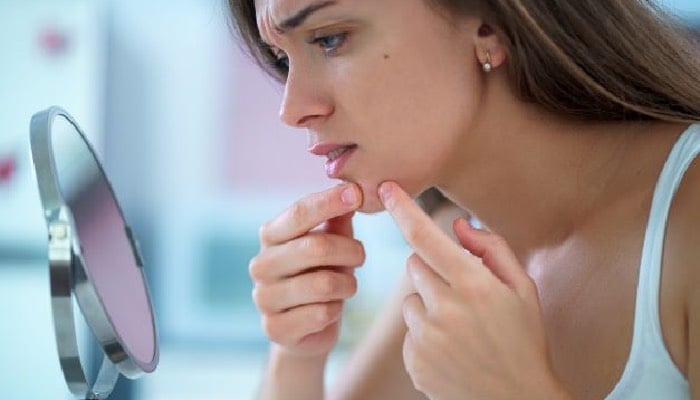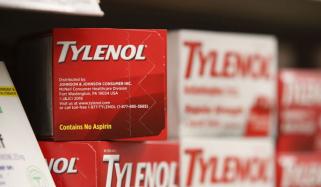
As summer begins and more people head outdoors, NHS surgeon Dr. Karan Rajan is urging the public to be vigilant about using sun protection to reduce the risk of skin cancer.
In a recent Instagram video, Dr. Rajan highlighted the importance of wearing sunscreen and the potential dangers of ignoring suspicious spots on the skin.
Persistent pimples could be dangerous:
Dr. Rajan emphasised that a persistent pimple that doesn’t go away could be a sign of skin cancer.
In the video, he showed a small spot on a woman's face, explaining that a pimple that doesn’t heal should be examined by a professional, as it could be a basal cell carcinoma (BCC), a common form of skin cancer.
Identifying skin cancer:
Skin cancer can develop anywhere on the body but is more common on areas exposed to the sun, such as the back, neck, shoulders, hands, legs, head, face, and ears.
BCCs often have "rolled pearly edges" and may show ulcerations or blood vessels within them.
Unlike other skin conditions, these spots do not go away with anti-fungal treatments or creams.
Awareness and prevention:
Dr. Rajan's video has garnered tens of thousands of views, raising awareness about skin cancer.
Meanwhile, viewers have shared their own experiences, underscoring the importance of early detection and treatment.
The NHS confirms that BCC and another non-melanoma skin cancer, squamous cell carcinoma (SCC), are common and usually treatable.
These cancers are primarily caused by excessive exposure to ultraviolet light from the sun or sunbeds.












